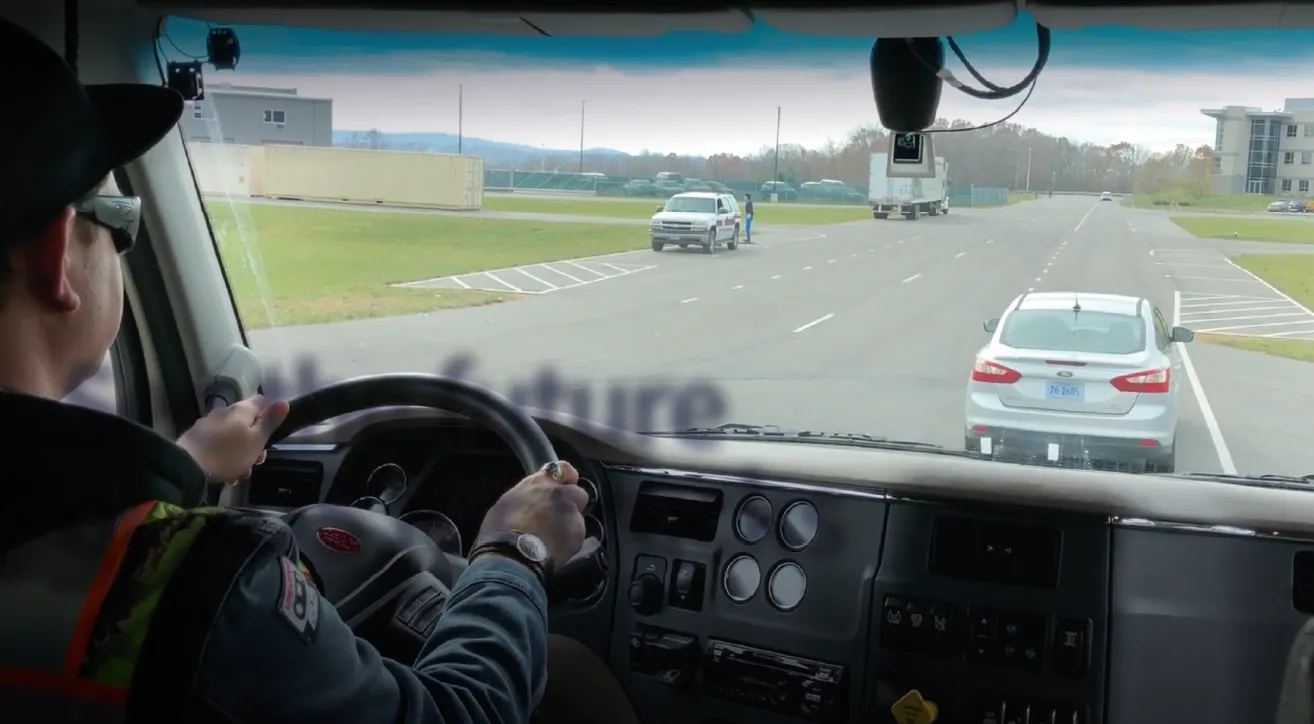The eCall for Heavy Goods Vehicle Demo Tour, organised by I_HeERO, has started and will travel across four European cities to demonstrate the technology’s potential to save lives from traffic accidents involving heavy goods vehicles, buses and coaches.
The tour will host a truck equipped with an emergency eCall module that will activate to simulate collision scenarios. The In-Vehicle System sends a standardized minimum set of data (MSD) to a 112 public safety answering point, where first responders can remotely access e-CMR electronic consignment notes displaying information about the shipment and notify emergency crews.
Various test scenarios will present multiple vehicles and different hazardous product shipments. It will mobilize emergency responders, such as fire brigades and emergency medical teams, as well as road maintenance crews.
Demonstrations will also cover the road safety benefits of eCall for trucks, buses, motorcycles and passenger cars, as well as e-Call-enabled Public Safety Answering Points across the
The tour has started at Turin on 10 October 2017 and will continue to Ljubljana, Slovenia on 16 October; Athens, Greece on 24 October; and reach its final destination in Ostrava, Czech Republic on 30 October 2017.
eCall demo tours demonstrations across four European cities
The eCall for Heavy Goods Vehicle Demo Tour, organised by I_HeERO, has started and will travel across four European cities to demonstrate the technology’s potential to save lives from traffic accidents involving heavy goods vehicles, buses and coaches. The tour will host a truck equipped with an emergency eCall module that will activate to simulate collision scenarios. The In-Vehicle System sends a standardized minimum set of data (MSD) to a 112 public safety answering point
October 12, 2017
Read time: 2 mins









